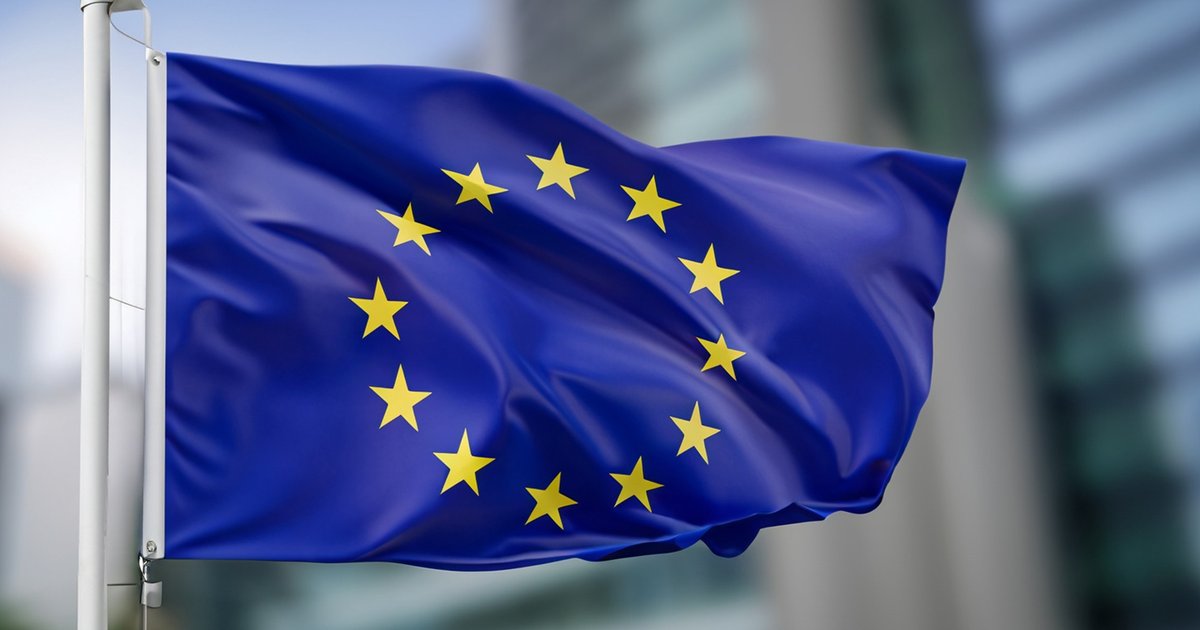The American tech giant Microsoft announced in February 2025 the completion of its EU Data Boundary for Microsoft Cloud sovereignty project, enabling European customers’ data to remain within the EU and European Free Trade Association (EFTA) regions. The multi-year, three-phase engineering project covers Microsoft 365, Dynamics 365, Power Platform, and most Azure services, now storing even technical support data within the EU.
Microsoft invested over $20 billion in AI and cloud infrastructure across Europe in the past 16 months for the project. In a joint blog post, Julie Brill, Microsoft’s Corporate Vice President and Chief Privacy Officer, and Paul Lorimer, Corporate Vice President for Microsoft 365, emphasised that the initiative reflects Microsoft’s commitment to delivering unmatched cloud services that support European transparency, protect privacy, and enhance customer control. However, experts like Frank Karlitschek, CEO of Nextcloud, warned that the U.S. Cloud Act grants U.S. authorities access to cloud data held by American companies, regardless of whether it is stored in the U.S., Europe, or elsewhere.
Analysts note that European companies face a new dilemma: can they rely on an American cloud provider, even one with an EU data boundary? Mark Boost, CEO of Civo, stated that Microsoft is the latest major cloud provider to announce a significant data residency system with great publicity—without guaranteeing sovereignty. Dr. Alberto P. Marti, Vice President of Open Innovation at OpenNebula Systems, added that U.S. companies, including Microsoft, risk having U.S. government decisions heavily impact European digital infrastructure, noting growing awareness in Europe of the need for greater technological autonomy.
Sources:
1.

2.

3.











